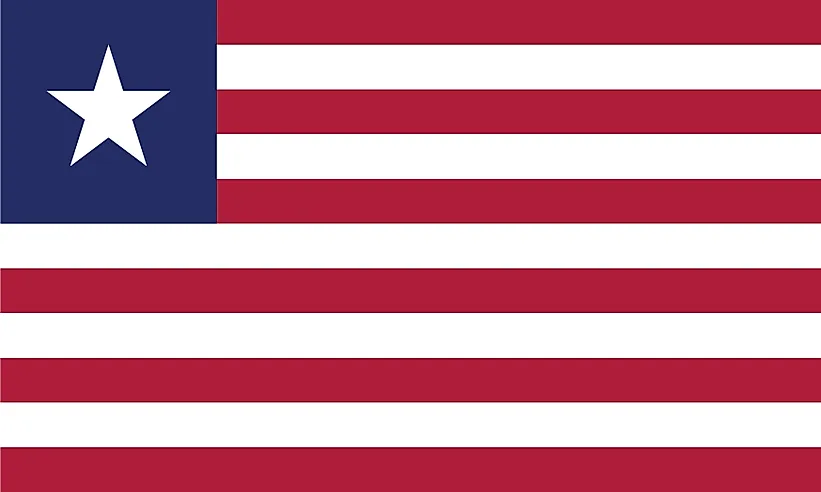
Liberia
| Continent | Africa |
| Capital | Monrovia |
| Population | 4,299,944 |
| GDP | $3.79 Billion |
| GDP per Capita | $900 |
| Dialing Code | +231 |
| ISO Code (2-letter) | LR |
| ISO Code (3-letter) | LBR |
Liberia Landscapes






About Liberia
Welcome to Liberia, a nation with a unique history in Africa. With approximately 5.2 million people occupying 111,369 square kilometers, Liberia combines remarkable cultural heritage with diverse landscapes, standing as Africa’s first independent republic and the continent’s oldest modern nation-state.
Geographic Features and Natural Beauty
Liberia’s geography encompasses diverse landscapes, from Atlantic coastal plains to rolling hills and tropical rainforests. The country features a 560-kilometer coastline dotted with lagoons and mangrove swamps, transitioning inland to plateaus and low mountains.
The landscape includes the Nimba Mountains, reaching heights of 1,752 meters, and extensive rainforests that are part of the Upper Guinean forest ecosystem. The country’s varied topography creates multiple climate zones supporting rich biodiversity.
Protected areas include Sapo National Park, Liberia’s largest protected area and home to endangered species like pygmy hippopotamuses and forest elephants. The East Nimba Nature Reserve preserves unique montane forest ecosystems.
Cultural Heritage and Traditions
Liberian culture represents a unique blend of indigenous African traditions and American-influenced customs, reflecting its founding history. The country’s heritage includes 16 major ethnic groups, each with distinctive traditions and customs.
Traditional arts include mask-making, particularly the Dan masks known for their spiritual significance, and textile arts featuring country cloth weaving. Music and dance traditions combine indigenous rhythms with influences from returned African Americans.
Liberian cuisine features both traditional West African dishes and American-influenced foods, reflecting its unique historical connections. The tradition of community gatherings and storytelling remains central to social life.
Historical Journey
Liberia’s history is unique in Africa, established in 1822 by freed African Americans and becoming independent in 1847. The country’s development has been shaped by the interaction between indigenous peoples and returned African Americans (Americo-Liberians).
Significant periods include the settlement era, early republic, various political developments, and recent post-conflict reconstruction. Liberia’s experience demonstrates both the challenges and possibilities of nation-building.
Modern Economic Landscape
Today’s Liberian economy combines traditional agriculture and natural resource extraction with efforts at diversification. The country’s rich mineral resources, including iron ore and diamonds, support economic development.
Recent initiatives focus on infrastructure reconstruction, sustainable development, and improving education. Liberia’s strategic location and natural resources support its recovery and development efforts.
International Relations and Global Position
Liberia maintains active participation in regional and international organizations while focusing on post-conflict development. The country’s unique historical connections with the United States influence its international relations.
Did You Know?
• Liberia is the only African republic to have self-proclaimed independence without gaining it through revolution from a colonial power?
• The country’s flag closely resembles the American flag, reflecting its historical connections?
• Liberia was the first African nation to elect a female head of state, Ellen Johnson Sirleaf?
• The country hosts some of West Africa’s last remaining rainforests?
Conclusion
Liberia represents a unique combination of historical legacy and modern resilience. From its coastal cities to its rainforests, from its traditional customs to its reconstruction efforts, Liberia continues to evolve while addressing contemporary challenges. As it focuses on sustainable development and national reconciliation, Liberia remains committed to its founding principles of liberty while fostering inclusive growth.